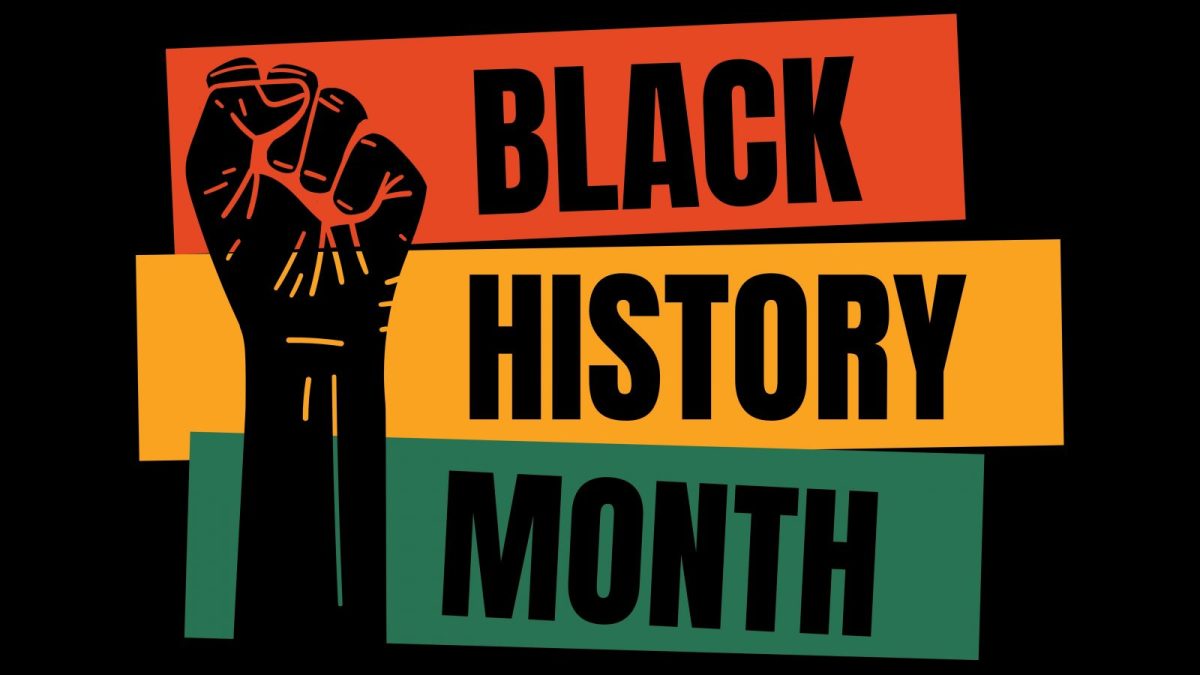Born in 1929 on January 15th, Dr. Martin Luther King Jr. was a leader of the civil rights movement and a pioneer for Black rights. His legacy is one of hard-fought victories and long-lasting impact. His iconic speeches and humanistic policies led the way for many Black Americans, as the country still strives for equality today.
Martin Luther King Day was first established in 1983 under President Ronald Reagan. It designated the third Monday in January as a national holiday to recognize MLK’s achievements. It has since turned into a day of service and volunteering as Americans come together to observe the great leader.
But, the story behind the holiday is widely unknown as it endured years of criticism and rejection within the national government before coming to fruition. The idea for MLK Day was introduced just four days after his assassination in 1968. Yet the holiday spent another fifteen in review until it was passed and still another seventeen to be fully recognized in all fifty states. During those fifteen years, the bill grew enormous public support. Musician Stevie Wonder even wrote a song titled “Happy Birthday,” dedicated to King’s accomplishments and calling for his national recognition. The singer went one step further in 1983, when along with author Coretta Scott King and the Congressional Black Caucus, he helped to assemble a petition of six million signatures in favor of MLK Day. After that, the vote moved easily through the House. And still, Capitol Hill resisted, in the Senate, a North Carolina Senator accused Dr. King of harboring ties with the communist party, and fierce debate followed. Her binder of evidence against King was thrown to the ground and called a “packet of filth” by a New York Congressman until finally President Ragan passed the holiday.
But still, the holiday was not recognized uniformly throughout the states until years later. As states are free to add additional holidays, many felt the need to overlook or mock King’s accomplishments with concurrently celebrated holidays of their own. In Alabama and Mississippi, “Robert E. Lee Day” was created as a blatant blow to civil rights recognition and in Wyoming, “Wyoming Equality Day” was made instead of giving MLK the appreciation he deserved.
Finally, in 2000, all 50 states celebrated MLK Day, giving the great leader his long overdue respect.
Now that MLK Day is integrated, the focus is on Black History Month and the appreciation of black achievement. The month stands to acknowledge both the great accomplishments of African Americans but also bring light to their brutal history in this country. In the spirit of those ideals, it is important to recognize the people that the history books forgot. Those who fought through racism and cruelty to make an impact but were overlooked and uncelebrated.
In light of MLK day, the name Howard Thruman deserves to be mentioned more. Inspiring many of MLK’s policies and speeches, Thurman was a scholar and theologist. He is credited as a pioneer of the nonviolent approach, pushing for peaceful action during the civil rights movement. Many of his words are quoted directly in King’s famous speeches, and his legacy as a thinker and visionary lives on in his many books, speeches and meditations.
Oftentimes the impact of sports on society is overlooked. However, the inspiration and leadership that come from generational role models cannot be understated. In recent history Lebron James, Serena Williams, Tiger Woods and Simone Biles have been champions of black excellence, but before all of them was track star Alice Coachman. The first black woman from any country to win a gold medal, Coachman high jumped a historic 5 feet 6 inches in 1948. But, her path there was filled with setbacks. Denied entry to organized sports, Coachman turned to dirt roads and bare feet to train. She was forced to practice high jump with sticks and rope but could not be deterred. Her breakthrough in the sports world led the way for many to follow. Spreading influence through her accomplishments, she proved it was possible to everyone who looked up to her.
During the civil rights movement, it was hard for many to understand black struggle. Gordon Parks was on a mission to fix that, using photography to document the brutal reality that Black Americans faced. Parks saw the camera as a weapon against racism, and in his most famous work “American Gothic” displayed the stark difference between white and black life in America. Parks went on to become the first black man to direct a major Hollywood film and led a successful life in filmmaking. Parks made his impact in the media, using picture and video to convey the messages that words could not.
As Black History Month and MLK Day pass, it is important to remember what the two stand for. They are not stand-alone moments to recognize Black history and achievement but part of the bigger movement for equality. Their existence proves that racism and discrimination exist today, as the need for equality has fallen on the shoulders of the younger generation.
Categories:
Great Black Leader Throughout History: MLK and Black History Month
More to Discover
About the Contributor

Zach Vernick, Editor-in-Chief
Hi, I’m Zach, this is my fourth year in journalism and I am the editor-in-chief. I don’t have a doctorate in English or anything, but I did pass 8th grade so that has to count for something. I love sports and I play baseball, golf, and I ski. I also love a good sandwich and you will always catch me eating during journalism. This is a great team to be a part of and I’m super excited for what we’re doing this year for the school newspaper.








